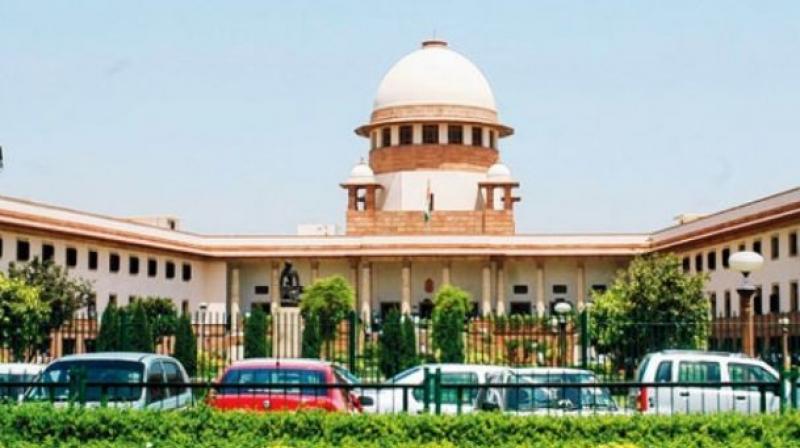Supreme Court backs demonetisation
Supreme Court asks Centre to spell out the steps taken to minimise inconvenience caused to public.

New Delhi: “We will not stay the demonetisation. We will not interfere as these are economic policies of the government. However, the government should look into ways to mitigate the sufferings of common man,” observed the Supreme Court on Tuesday while refusing to stay the demonetisation of Rs 500 and Rs 1,000 notes from November 8.
Chief Justice T.S. Thakur, sitting with Justice D.Y. Chandrachud, hearing a batch of four public interest writ petitions against demonetisation, told the Attorney General Mukul Rohatgi “We do not want to question government’s fight against black money, but something needs to be done to help the common man. We are only looking into if more measures can be taken to ease the situation. People should not suffer at any cost. Ensure that inconvenience caused to the public is minimal.”
The suggestions include acceptance of Rs 500 and Rs 1,000 notes at private hospitals including diagnostic centres; all forms of public transport; all grocery, fruits ad vegetable stores; all marriage related functions and services; legal fees and bail bonds.
The CJI asked the Attorney General if steps like enhancing the withdrawal cap, asking more authorities to accept old currency till an extended date, more speedy replenishment of ATMs could be taken. The CJI said people who are hoarding money will have to deposit otherwise it is gone. The general feeling is demonetisation is causing inconvenience to common man.
Explaining the magnitude of the problem, the AG said government has so far received Rs 3.25 lakh crore in banks as deposit but has new notes worth Rs 55,000 crore in circulation. He said because of crunch in currency note availability there will be some problem but printing presses across the country are working day and night to meet the situation. The AG said increasing the withdrawal limit might result in few people withdrawing more money while others may not get anything in the limited time.
The AG said “Black money ruins economy. We estimate the total money (Rs 500 and Rs 1,000 notes) in circulation to be Rs 15-16 lakh crores and expect people to deposit Rs 10-11 lakh crores in banks.”

